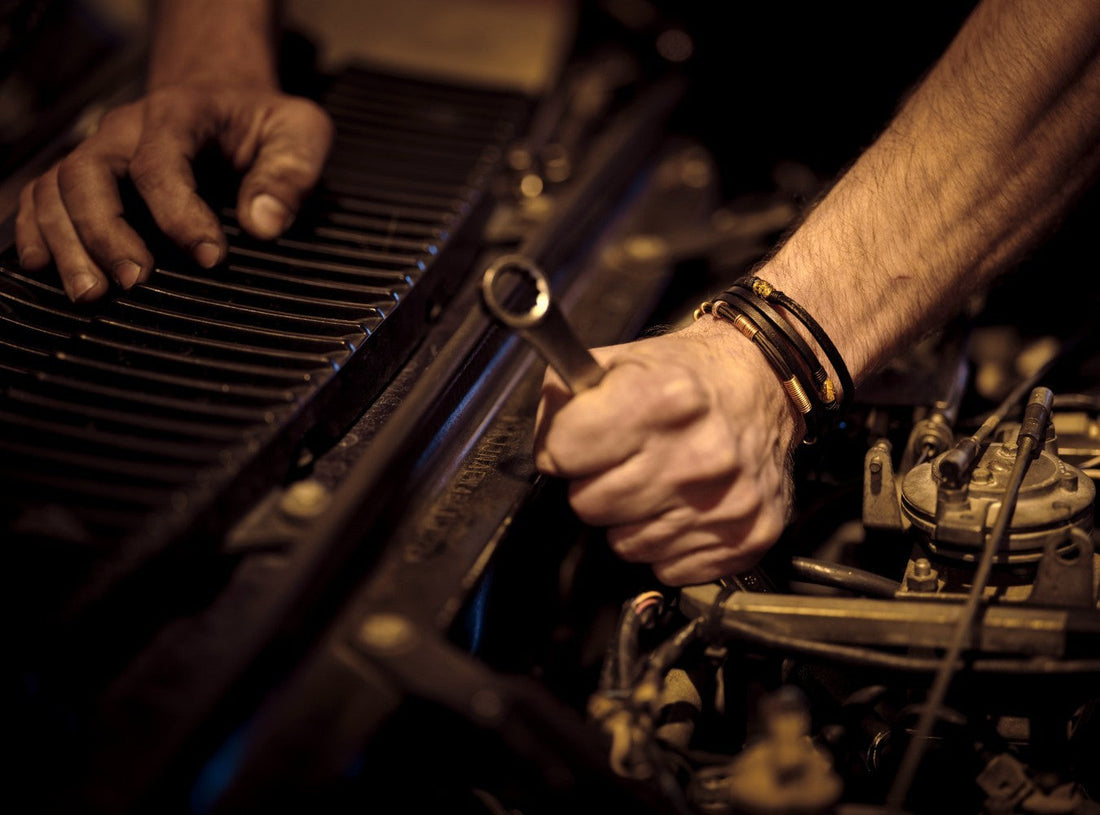
Essential Safety Tools to Take on Long Car Trips
Share
Embarking on a long car trip is an exciting adventure, offering the freedom to explore new places and create lasting memories. However, the road can be unpredictable, and ensuring you have the right safety tools on hand can make all the difference between a smooth journey and a stressful ordeal. Whether you’re driving through remote areas or bustling highways, these essential safety tools will help you stay prepared and protected on your long car trips.
1. First Aid Kit
A comprehensive first aid kit is a must-have for any long car trip. It should include bandages, antiseptic wipes, adhesive tape, gauze pads, tweezers, scissors, pain relievers, and any personal medications you might need. Accidents and minor injuries can happen at any time, and having a first aid kit ensures you can address them promptly and effectively.
2. Spare Tire, Jack, and Lug Wrench
Flat tires are one of the most common issues drivers face on the road. Ensure you have a properly inflated spare tire, a jack, and a lug wrench in your trunk. Familiarize yourself with the process of changing a tire before your trip. Additionally, consider carrying a tire repair kit and a portable air compressor for minor tire repairs.
3. Jumper Cables
Dead batteries can leave you stranded, especially in remote areas. Jumper cables are essential for getting your car started if the battery dies. Learning how to use them correctly is crucial, so review the procedure or keep an instruction manual in your glove compartment. Alternatively, a portable jump starter can be a lifesaver, as it eliminates the need for a second vehicle.
4. Emergency Roadside Kit
An emergency roadside kit is a comprehensive solution for various breakdown scenarios. It should include items like a flashlight with extra batteries, reflective warning triangles, a high-visibility vest, a multi-tool, duct tape, and a fire extinguisher. These tools can help you handle minor repairs, signal for help, and stay visible to other drivers.
5. Water and Non-Perishable Food
Staying hydrated and nourished is crucial, especially if you’re stranded for an extended period. Pack plenty of water and non-perishable food items such as granola bars, nuts, dried fruit, and canned goods. Dehydration and hunger can impair your judgment and physical abilities, so it’s important to have enough supplies to sustain you until help arrives.
6. Blankets and Extra Clothing
Weather conditions can change unexpectedly, and being prepared for cold temperatures is essential. Pack warm blankets and extra clothing, including gloves and hats, to keep you warm if you’re stranded or need to wait for help. This is particularly important if you’re traveling through areas with harsh climates.
7. Navigation Tools
While most drivers rely on GPS systems, having backup navigation tools is wise. Carry physical maps of the areas you’ll be traveling through, as electronic devices can fail or lose signal in remote regions. A reliable compass can also be useful if you need to navigate without electronic assistance.
8. Mobile Phone and Charger
A fully charged mobile phone is your lifeline in emergencies. Ensure you have a car charger to keep your phone powered throughout the trip. In areas with poor signal, a mobile hotspot or a satellite phone can provide additional connectivity options.
9. Basic Tool Kit
A basic tool kit with items like screwdrivers, pliers, a wrench set, and electrical tape can help you handle minor repairs and adjustments on the road. Even if you’re not mechanically inclined, these tools can be useful for simple fixes or when receiving remote assistance.
10. Reflective Blanket or Tarp
A reflective blanket or tarp can serve multiple purposes, such as providing shade, signaling for help, or creating a makeshift shelter. Its versatility makes it a valuable addition to your safety toolkit.
Conclusion
Preparing for a long car trip involves more than just packing your bags and filling up the gas tank. Equipping your vehicle with essential safety tools can significantly enhance your readiness for any situation that may arise on the road. By carrying a well-stocked first aid kit, spare tire tools, jumper cables, an emergency roadside kit, water and food supplies, blankets, navigation tools, a mobile phone, a basic tool kit, and a reflective blanket, you’ll be better prepared to handle emergencies and ensure a safe, enjoyable journey. Prioritize safety, and you’ll have the peace of mind to fully embrace the adventure of the open road.
